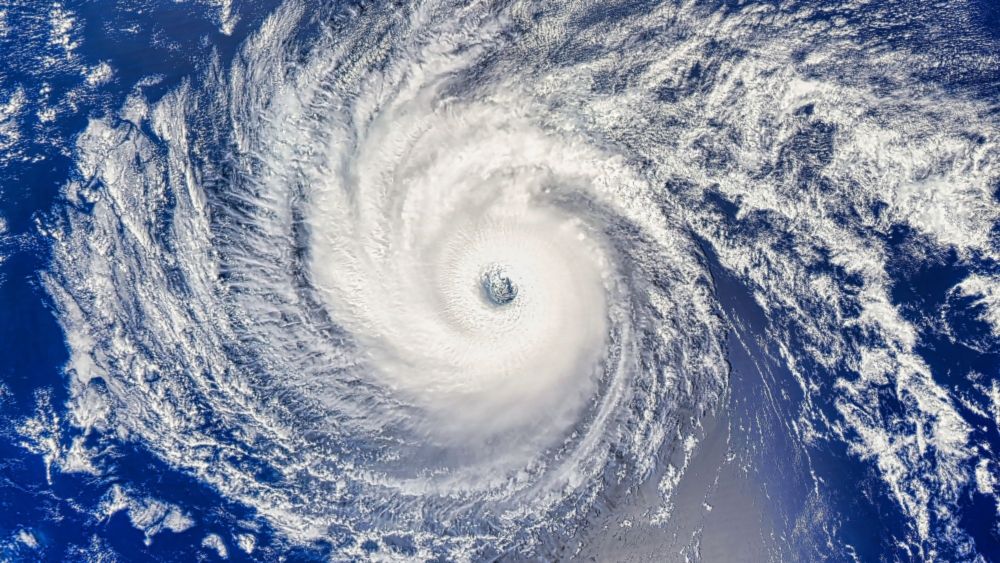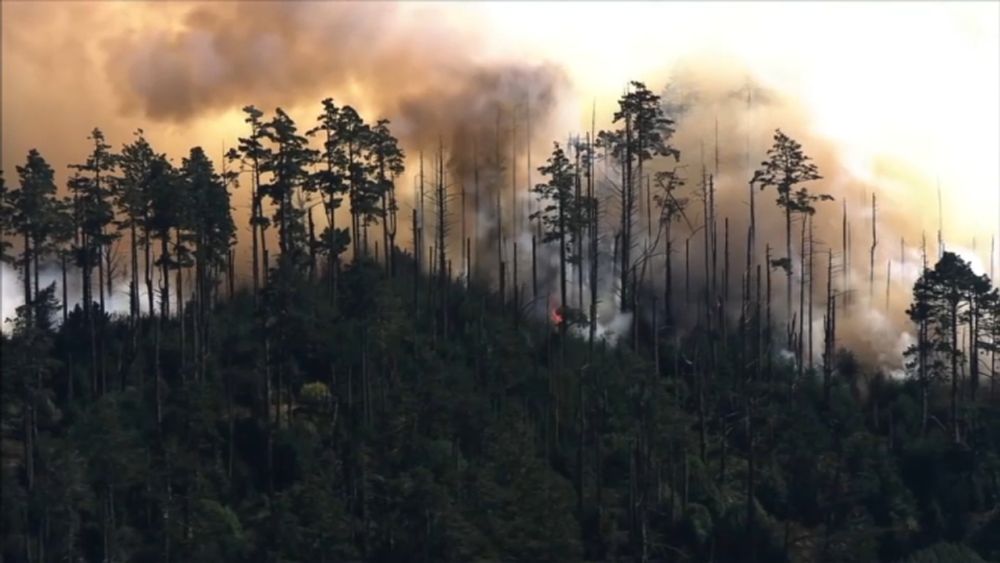PatrickTBrown31.bsky.social
@patricktbrown31.bsky.social
330 followers
170 following
110 posts
Head of Climate Analytics, Trend Analytics / Interactive Brokers; Adjunct faculty (lecturer) in Energy Policy & Climate at Johns Hopkins; Sr. Fellow at The Breakthrough Institute.
Posts
Media
Videos
Starter Packs
Reposted by PatrickTBrown31.bsky.social











